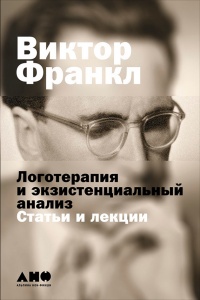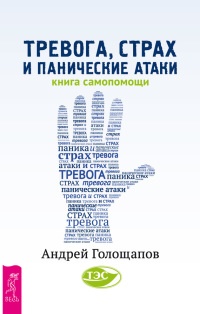Книга Жажда смысла. Практики логотерапии по Виктору Франклу - Галина Лифшиц
На нашем литературном портале можно бесплатно читать книгу Жажда смысла. Практики логотерапии по Виктору Франклу - Галина Лифшиц полная версия. Жанр: Книги / Психология. Онлайн библиотека дает возможность прочитать весь текст произведения на мобильном телефоне или десктопе даже без регистрации и СМС подтверждения на нашем сайте онлайн книг knizki.com.
Шрифт:
-
+
Интервал:
-
+
Закладка:
Сделать
Перейти на страницу:
Перейти на страницу:
Внимание!
Сайт сохраняет куки вашего браузера. Вы сможете в любой момент сделать закладку и продолжить прочтение книги «Жажда смысла. Практики логотерапии по Виктору Франклу - Галина Лифшиц», после закрытия браузера.
Книги схожие с книгой «Жажда смысла. Практики логотерапии по Виктору Франклу - Галина Лифшиц» от автора - Галина Лифшиц:
Комментарии и отзывы (0) к книге "Жажда смысла. Практики логотерапии по Виктору Франклу - Галина Лифшиц"
























